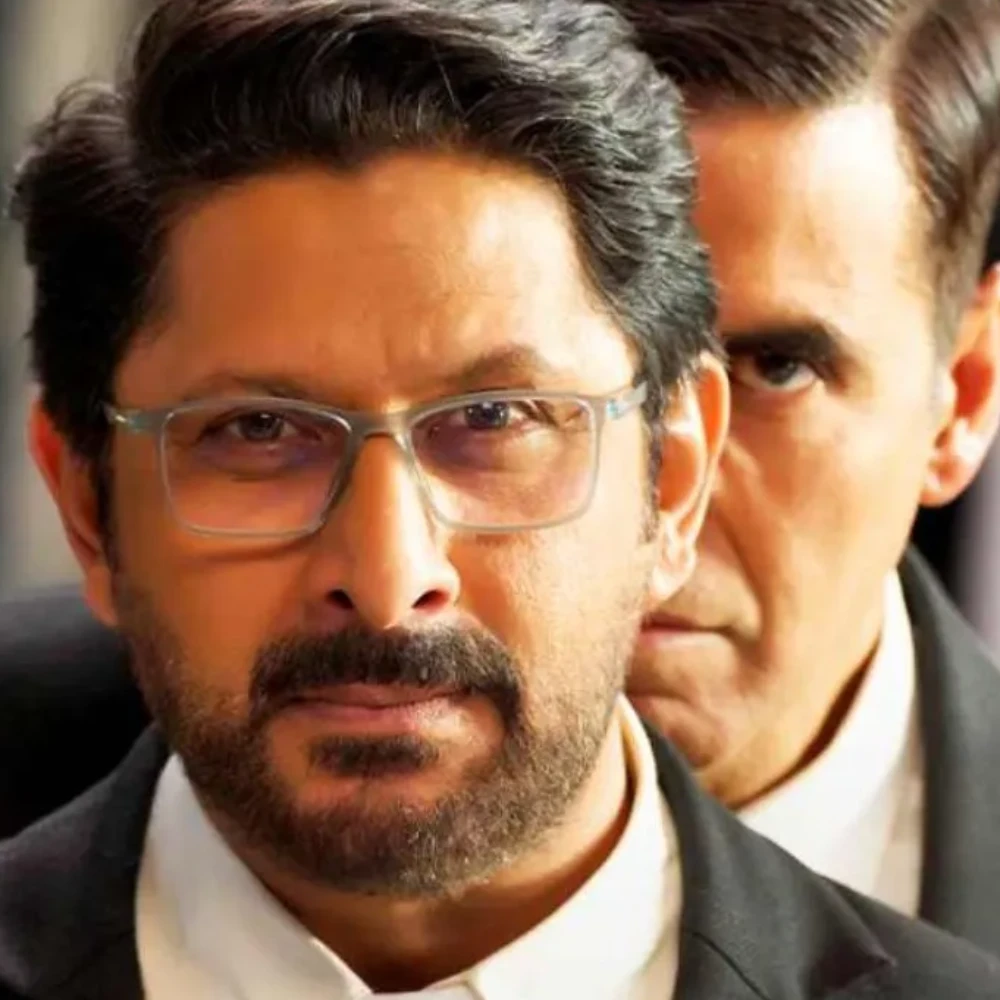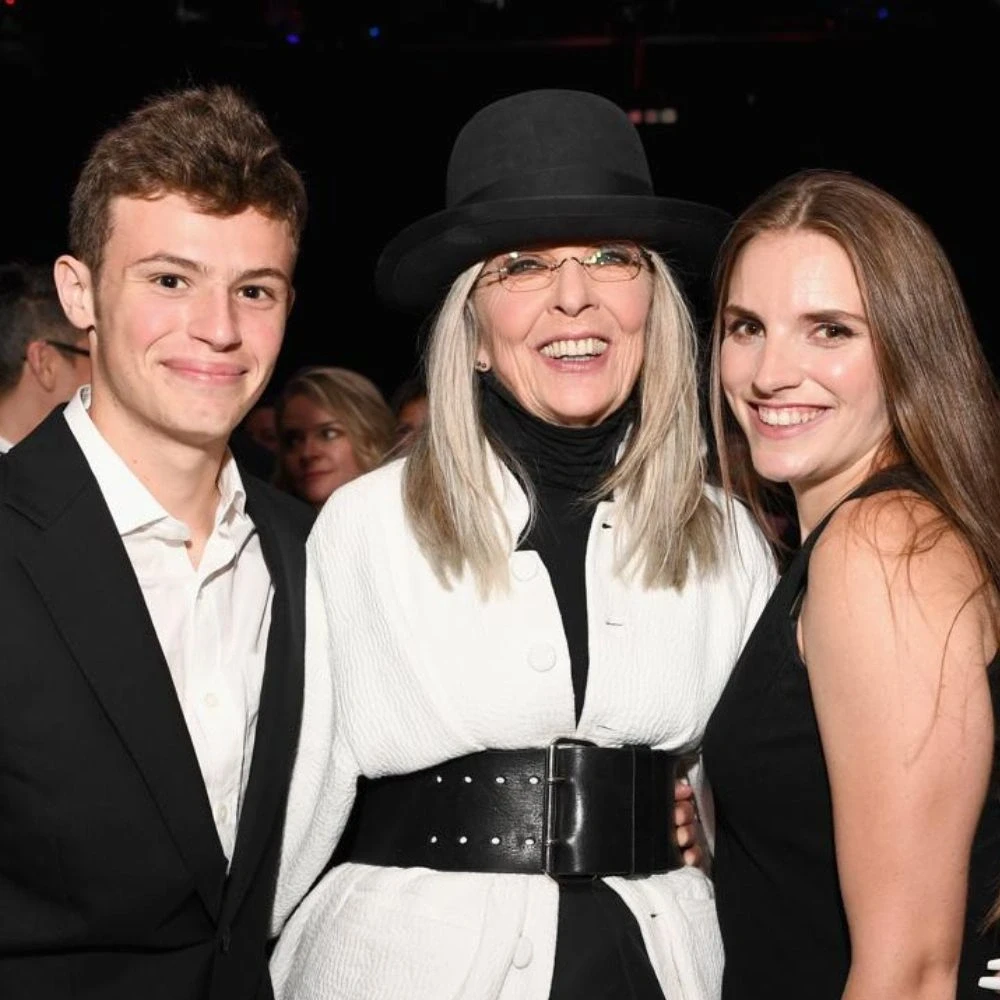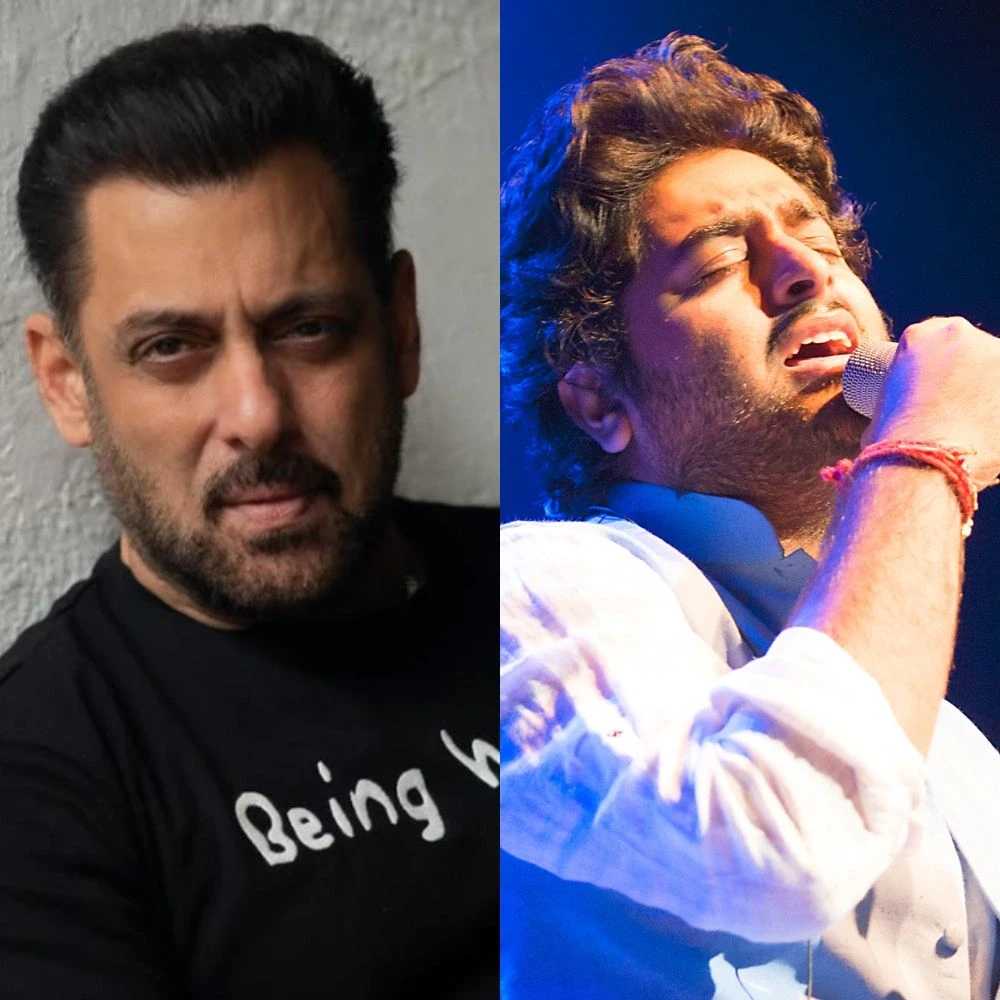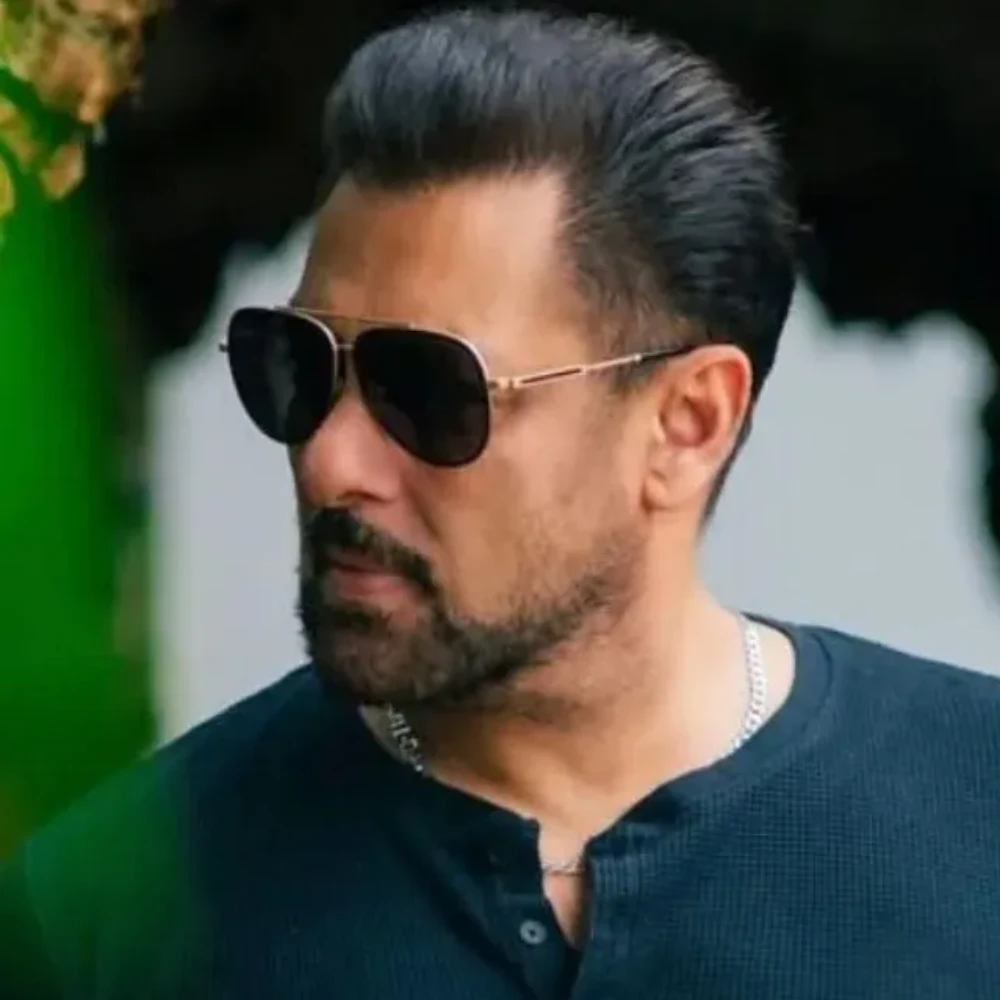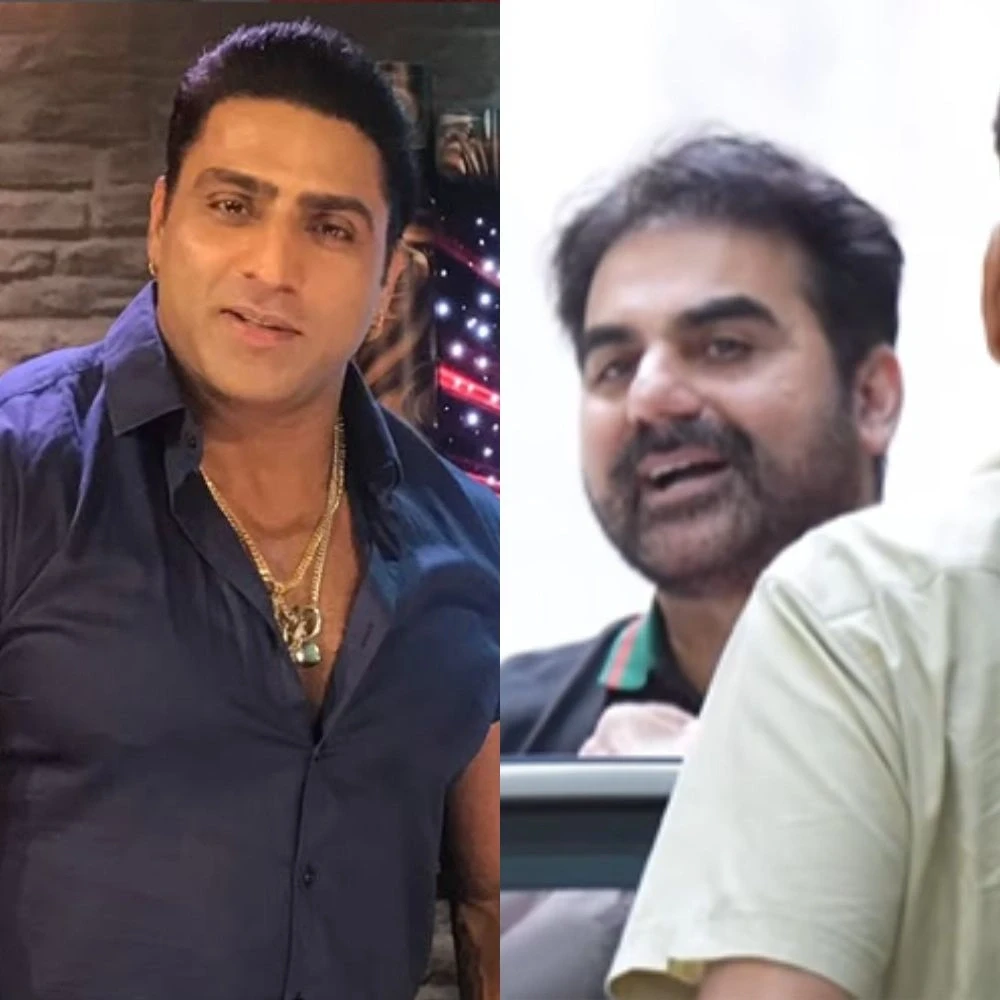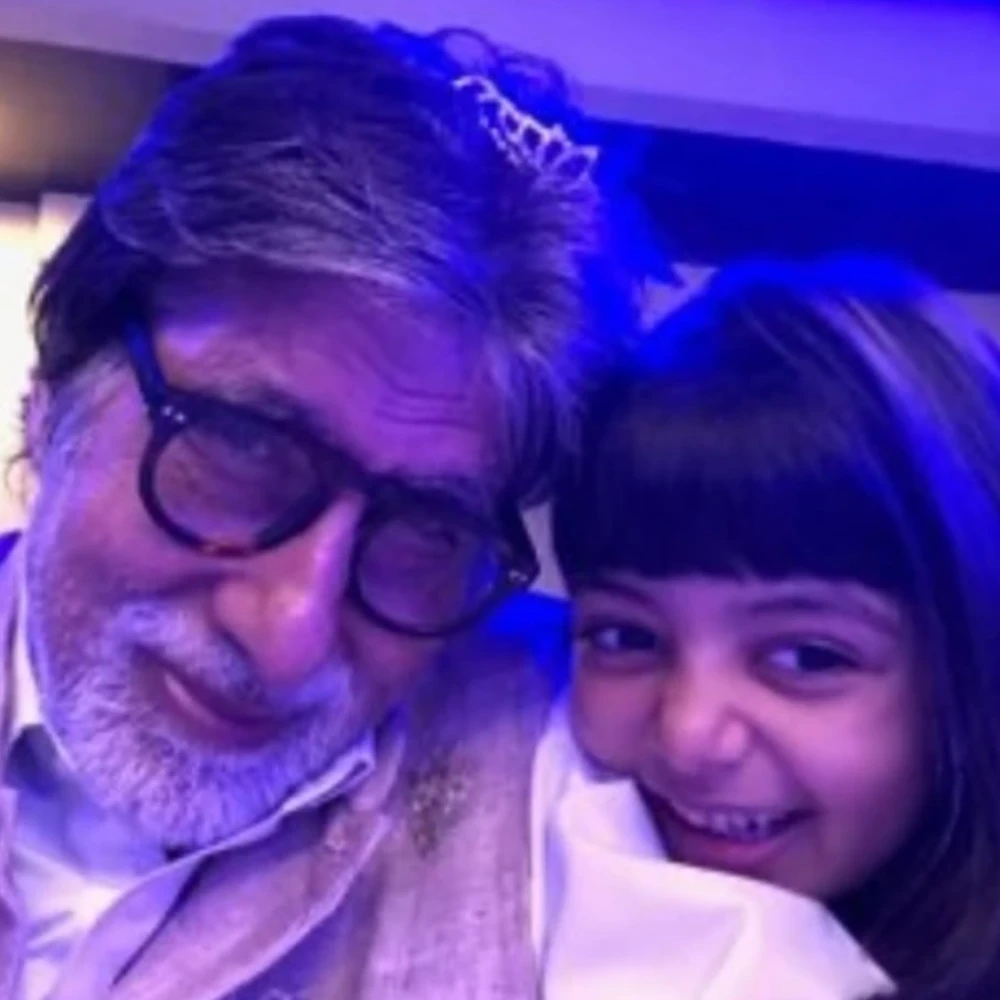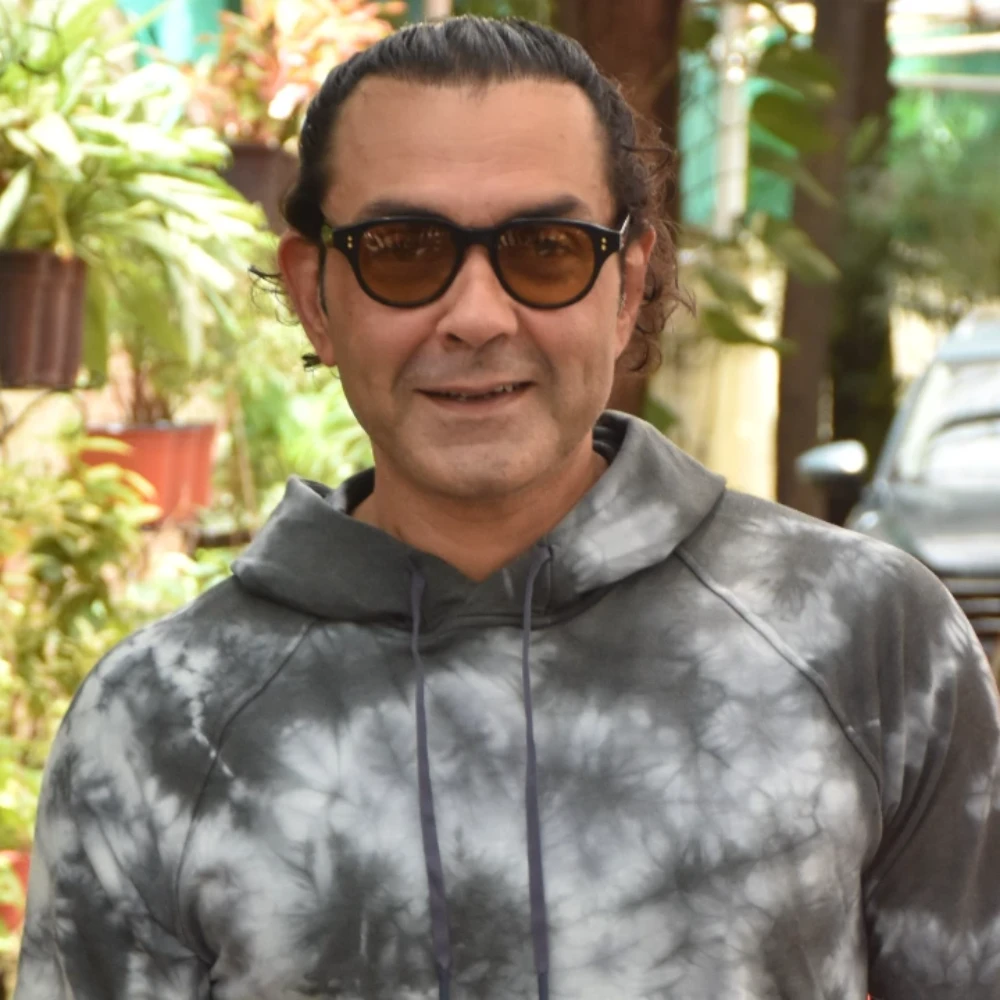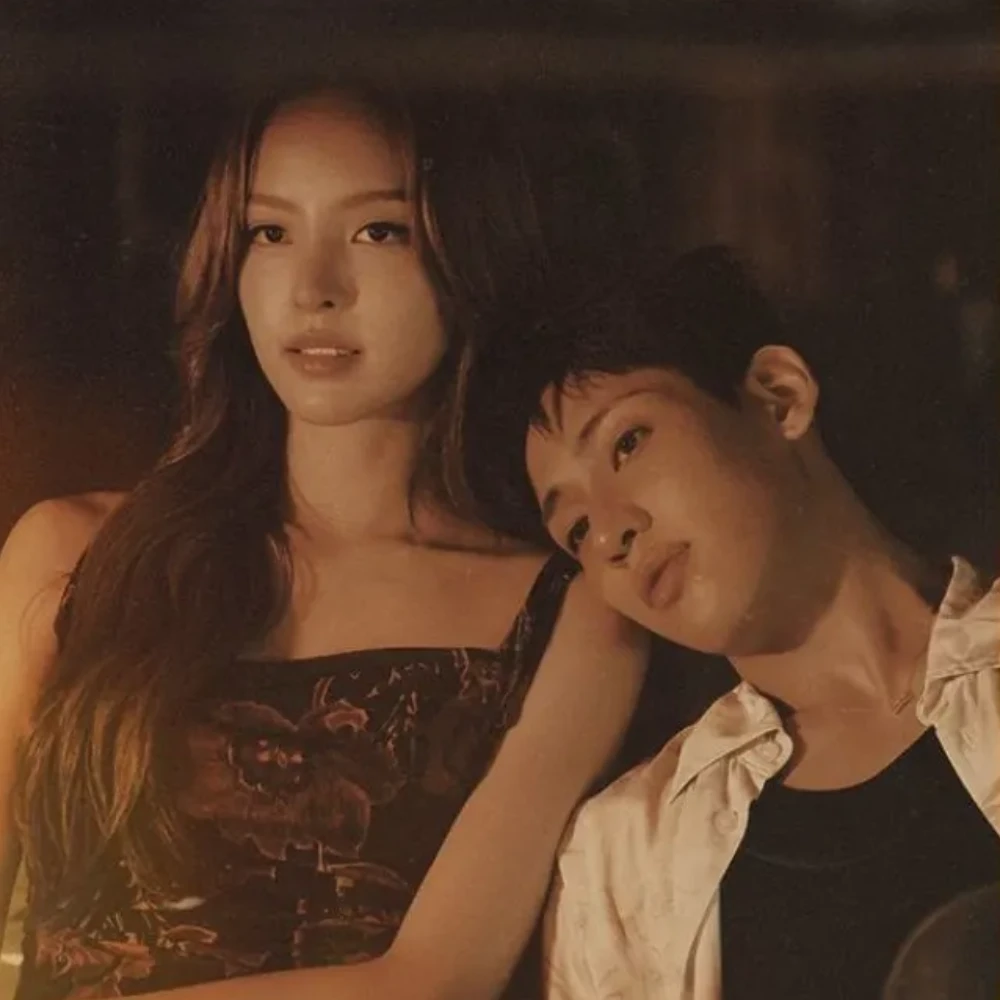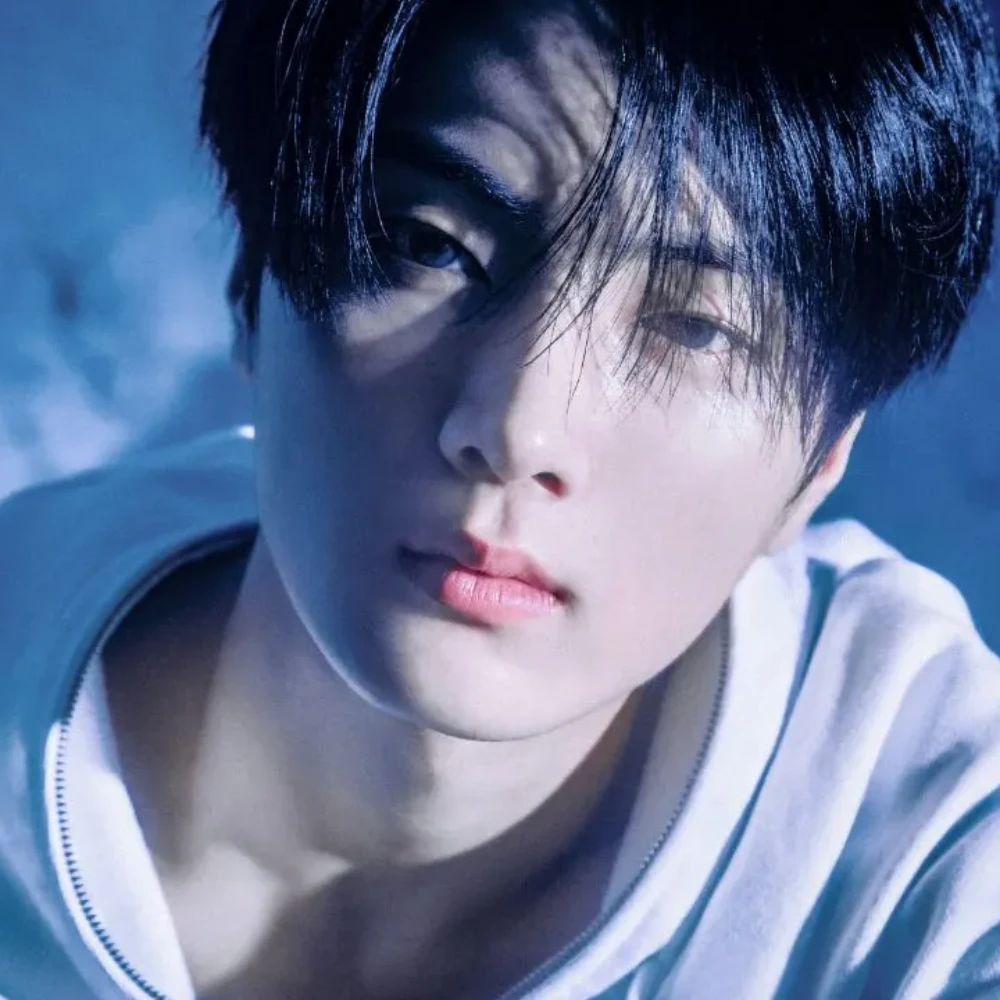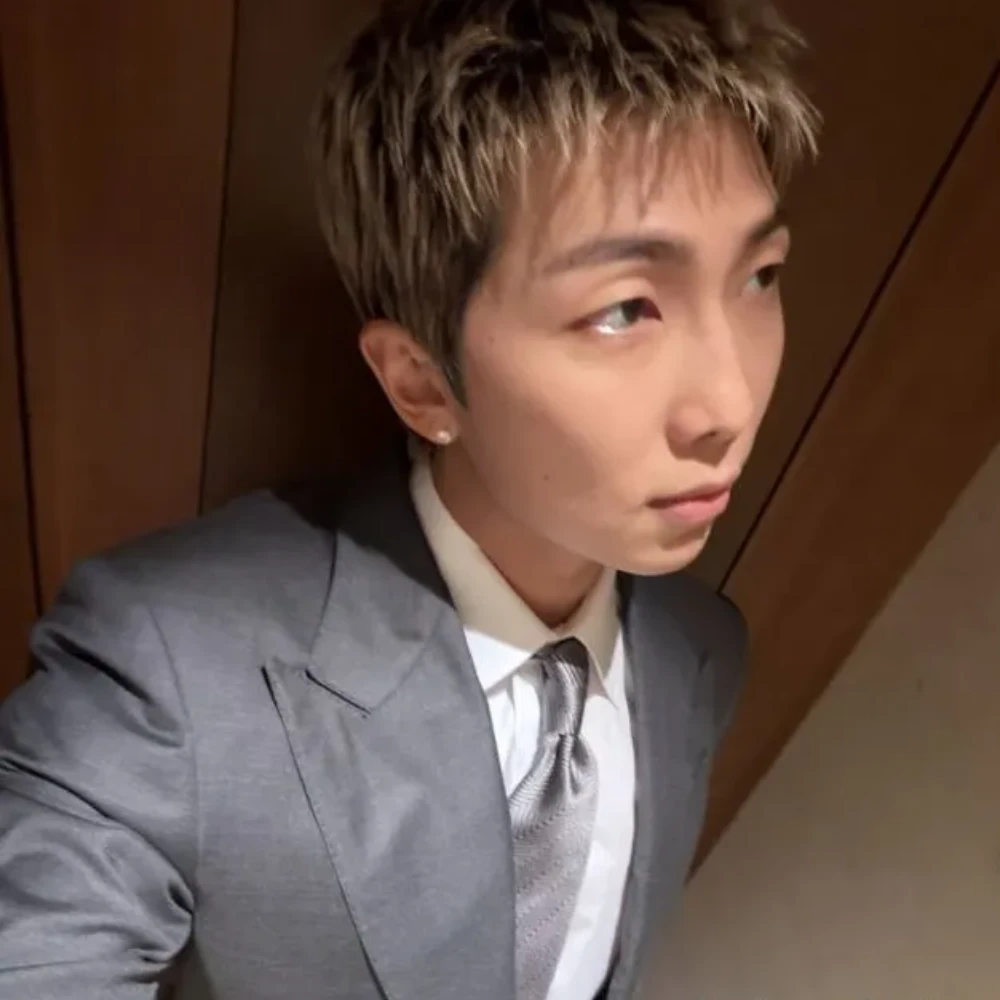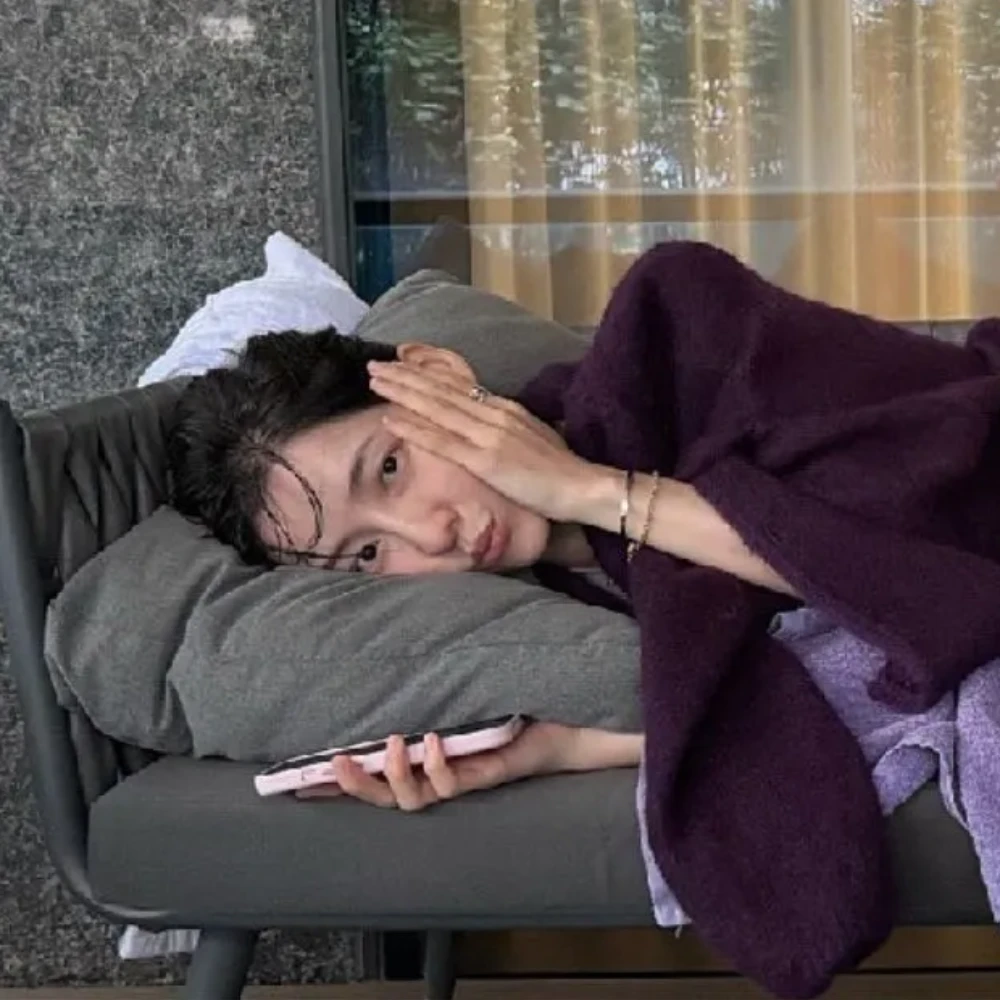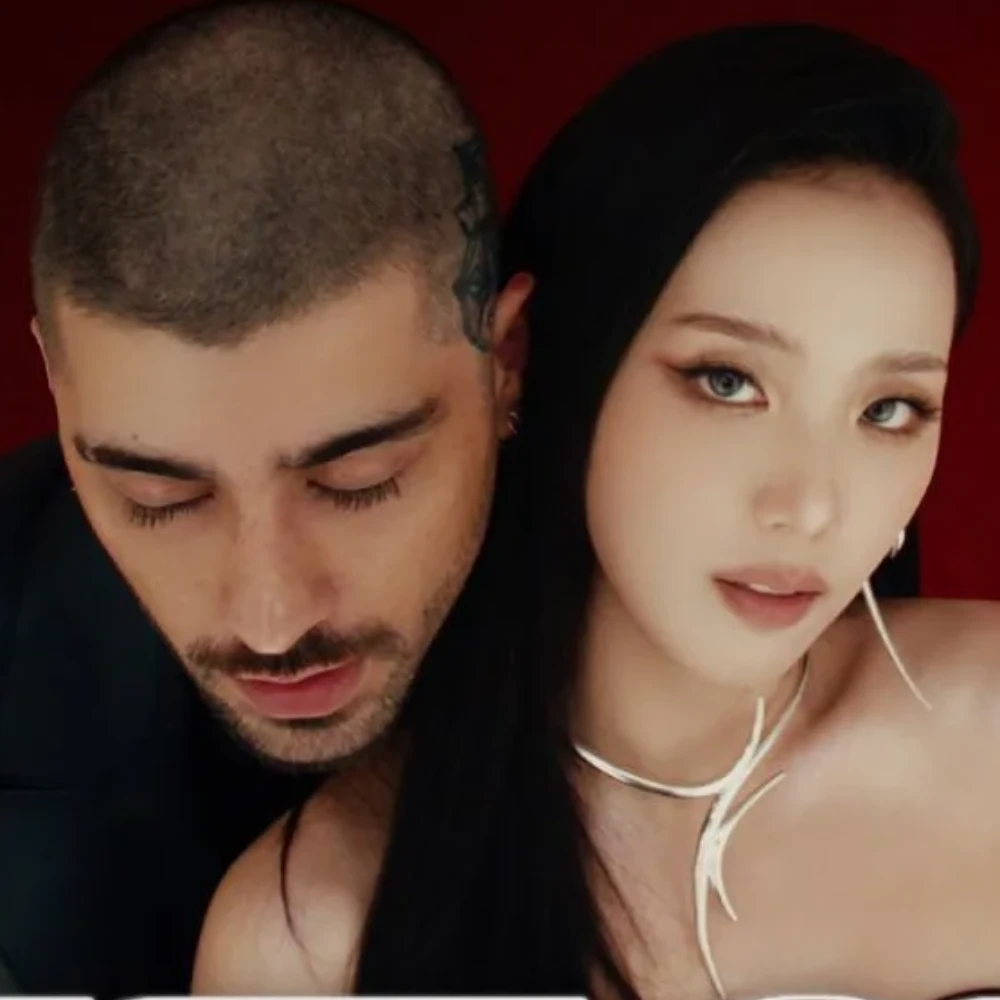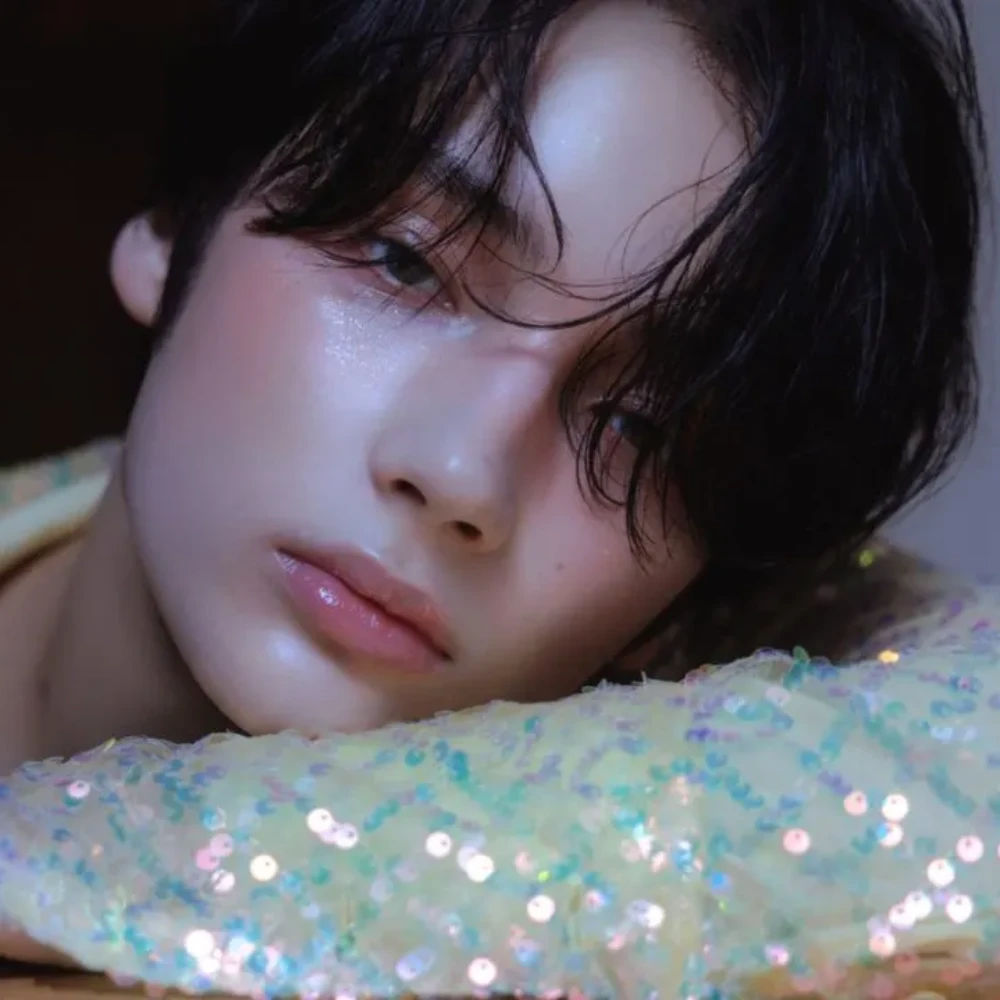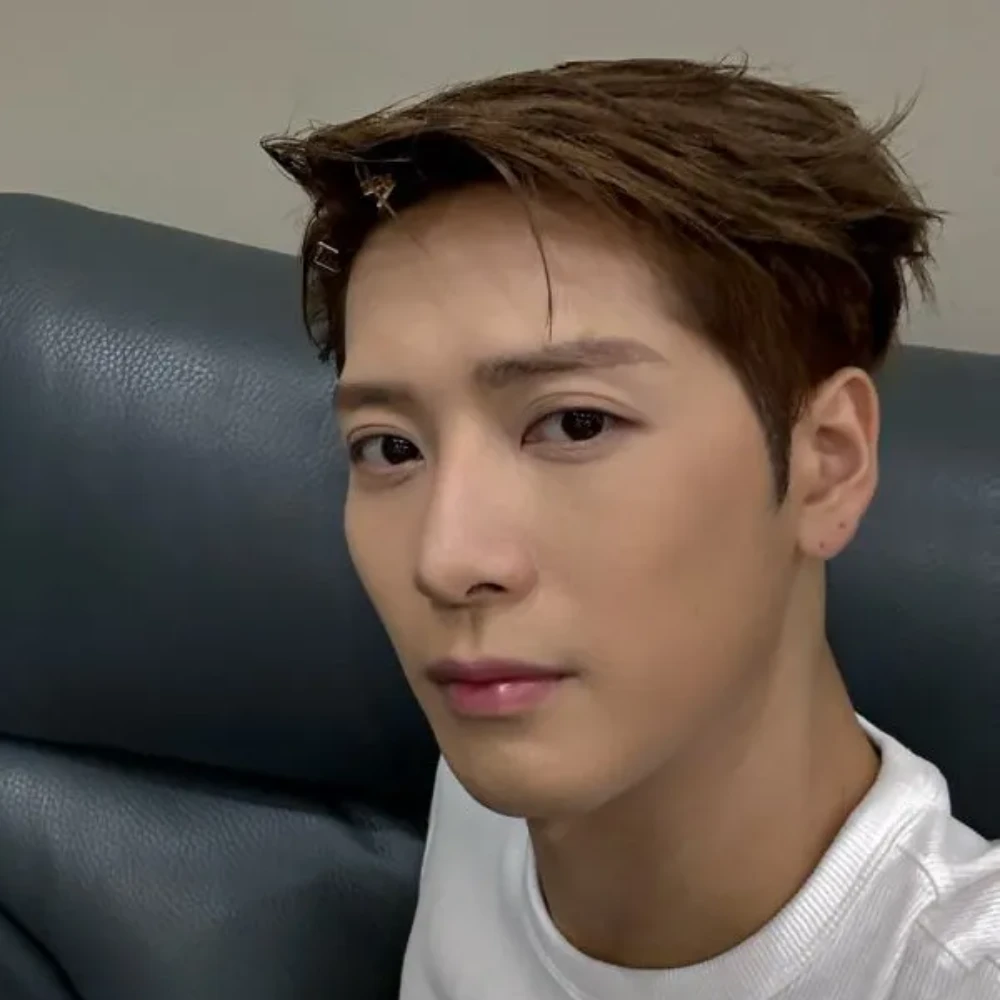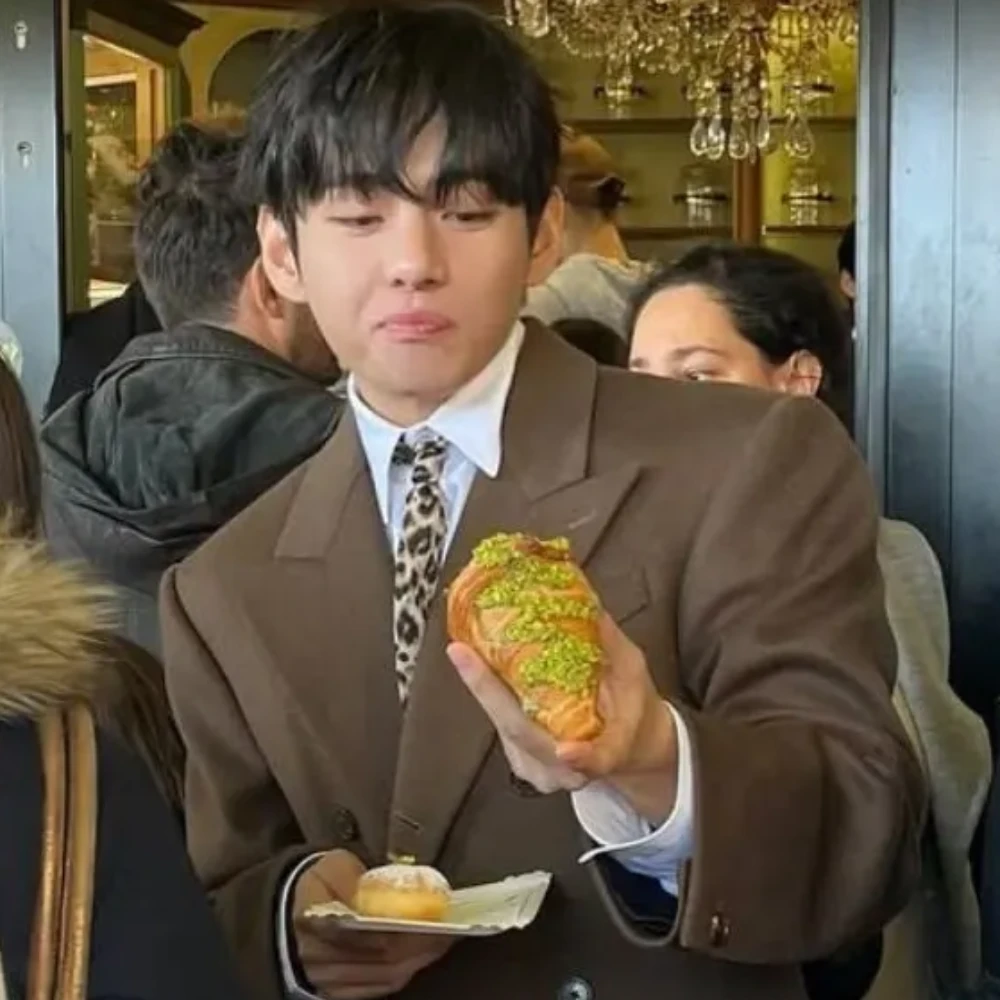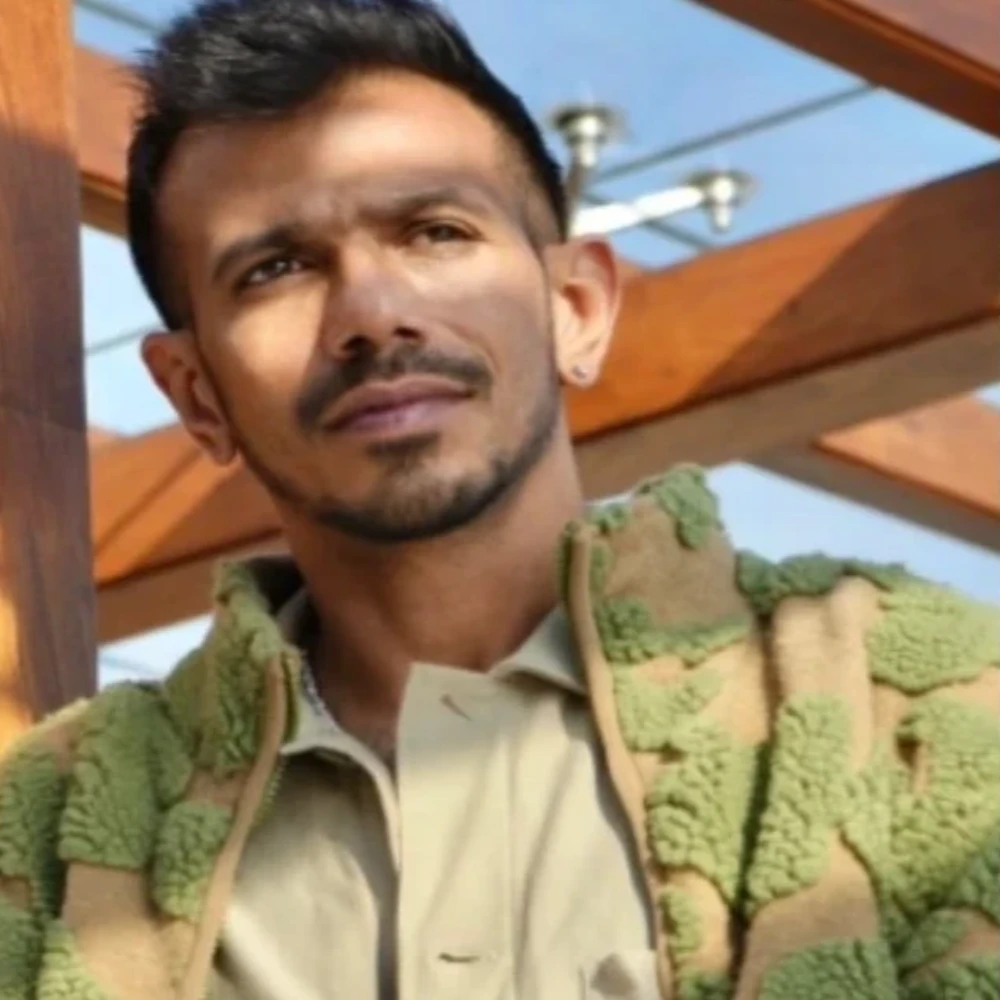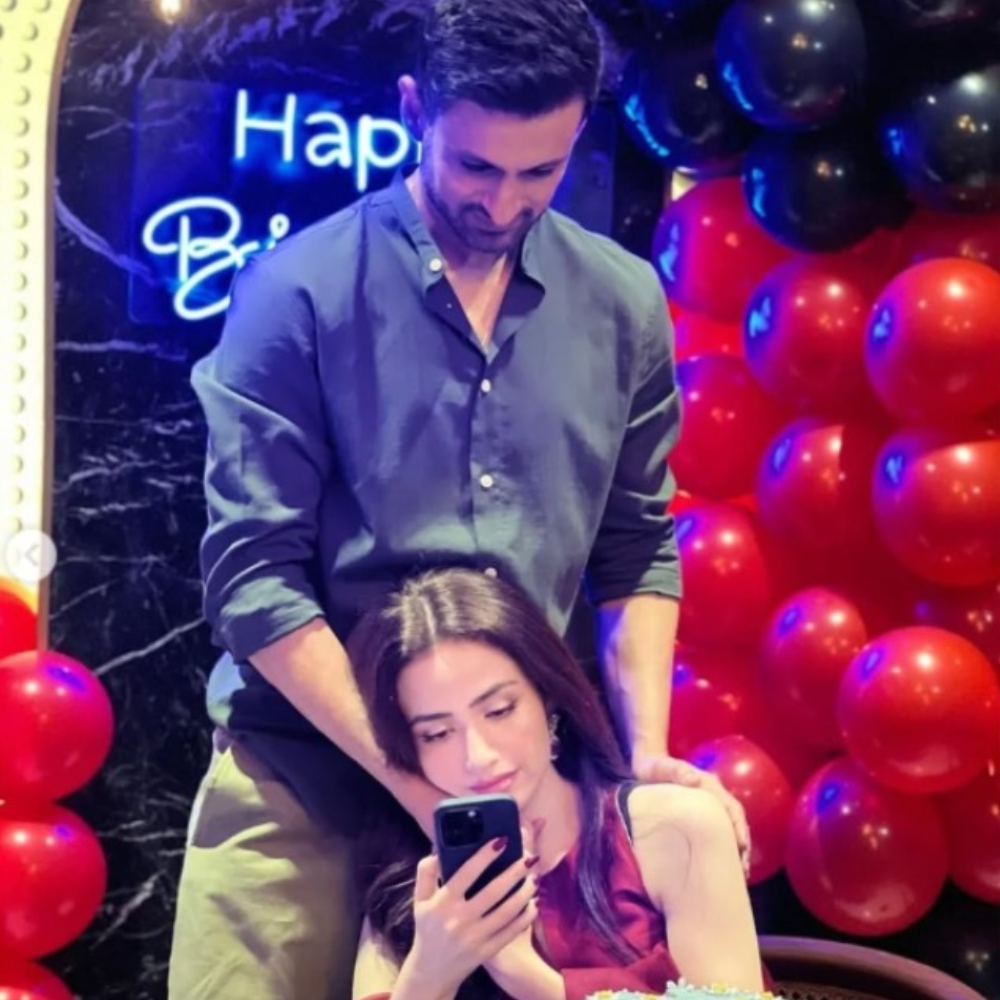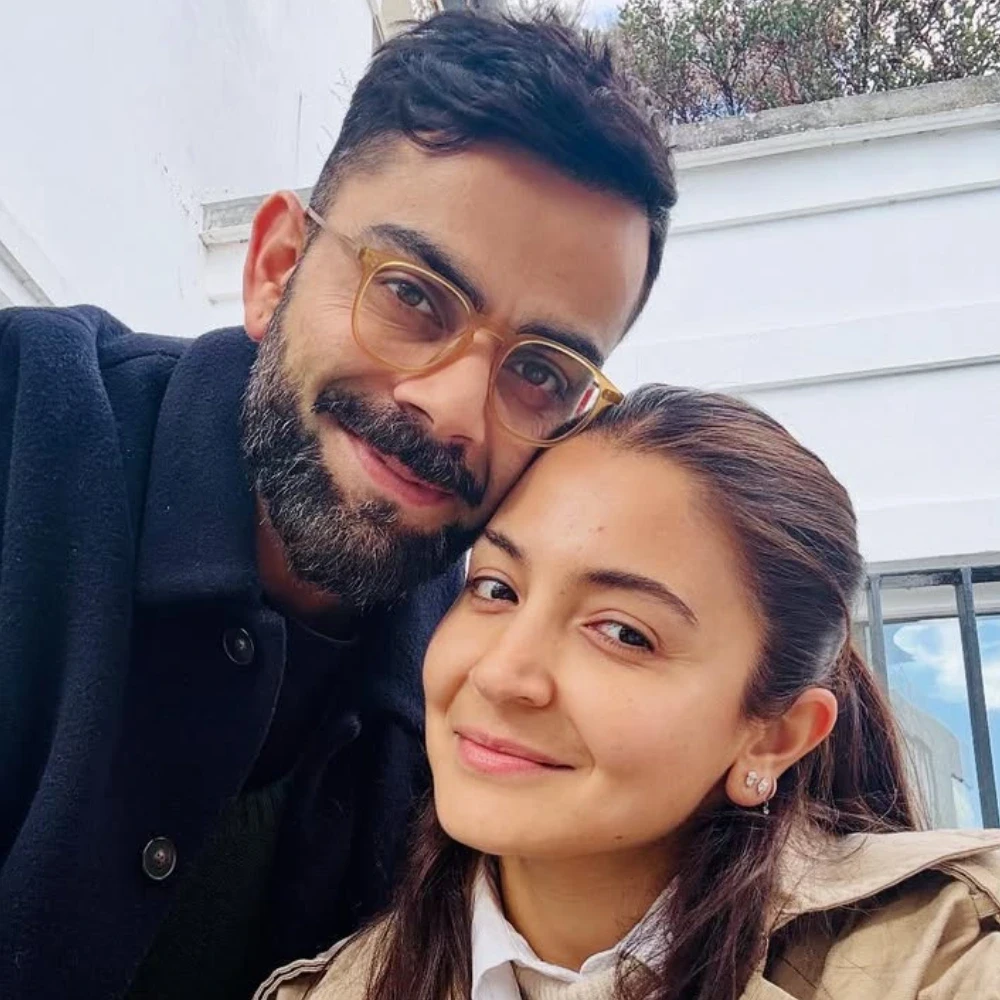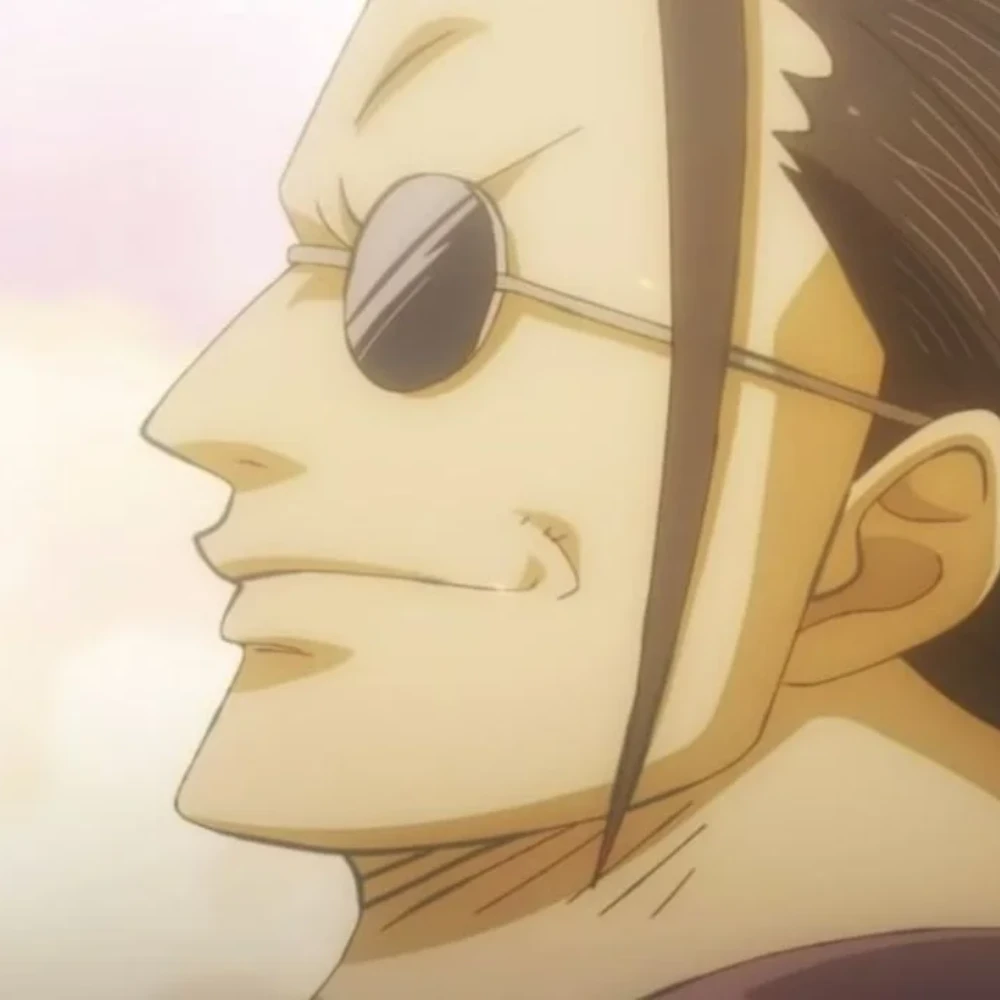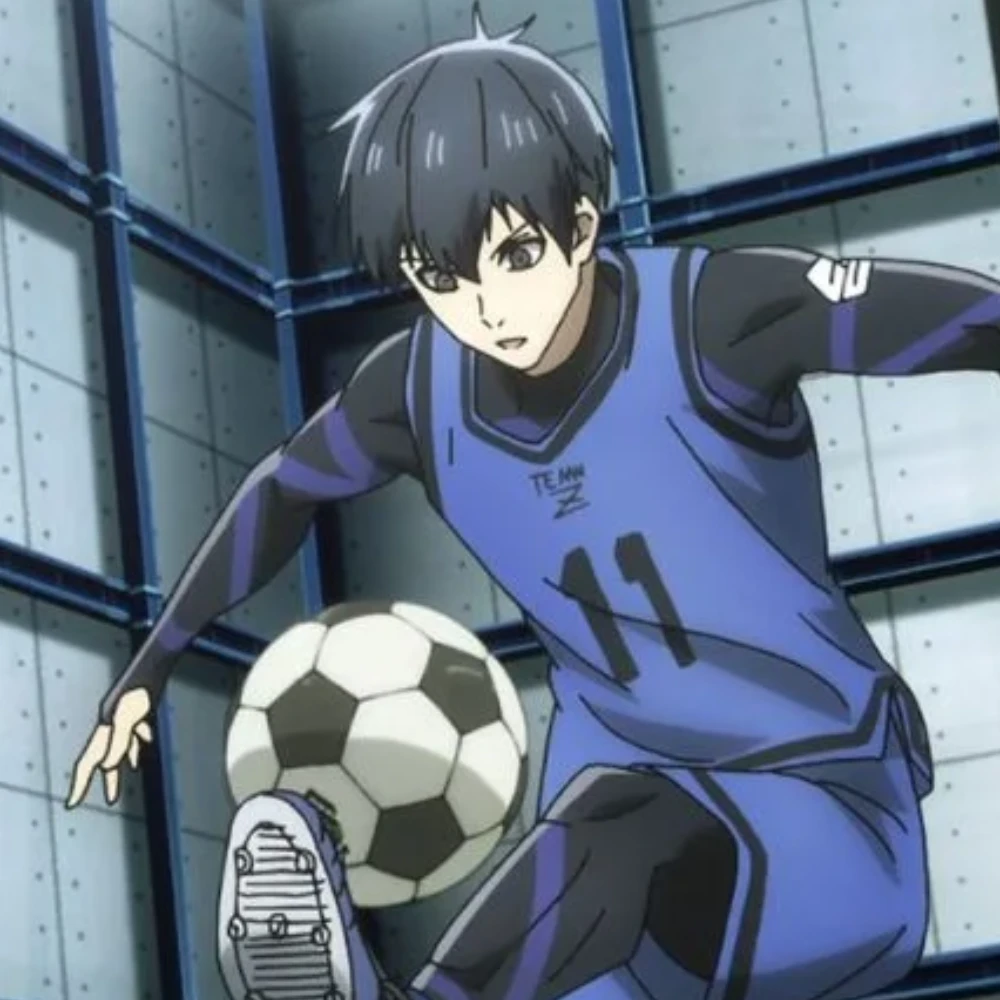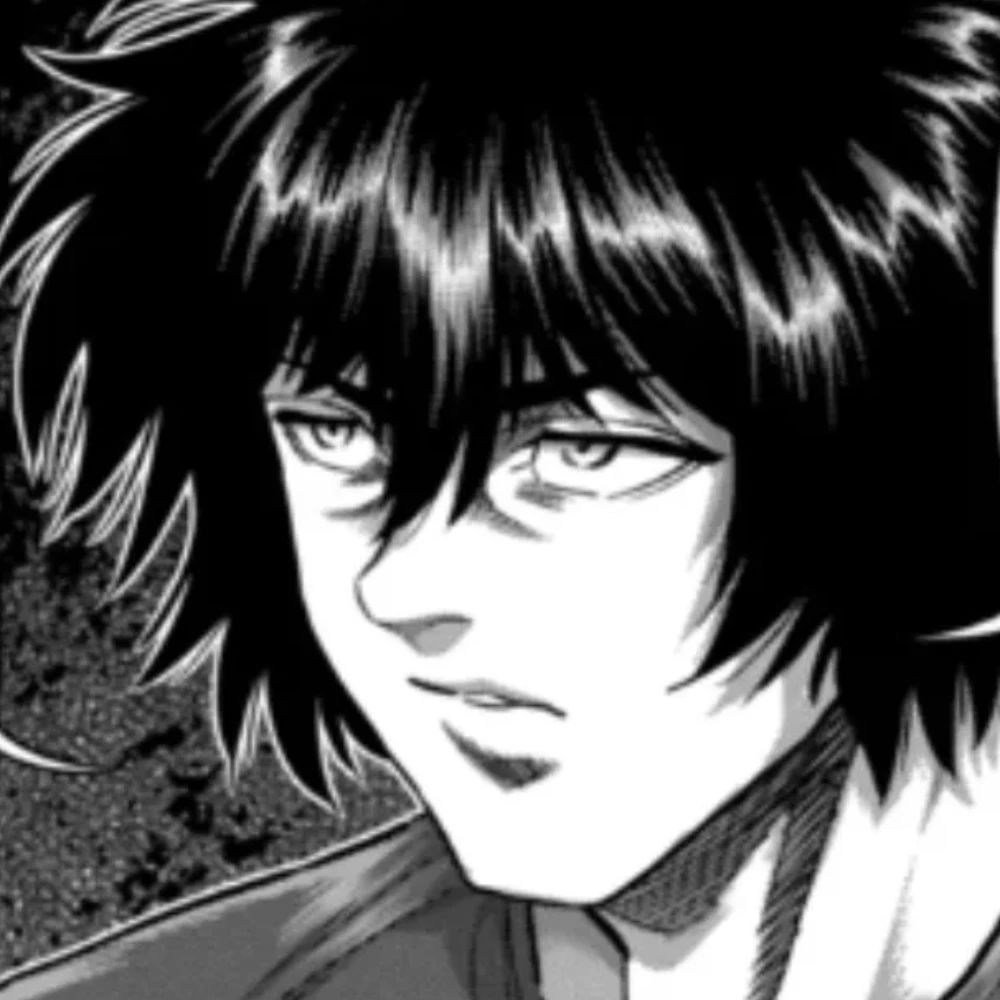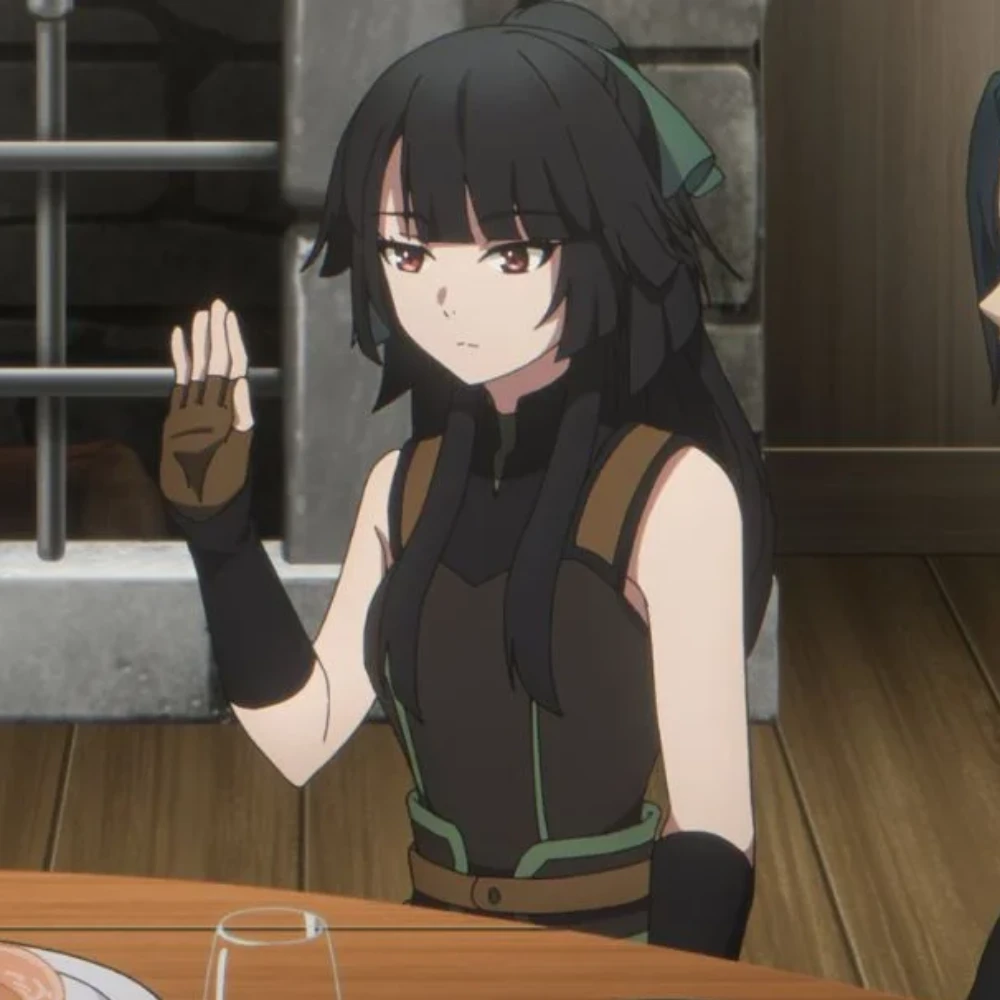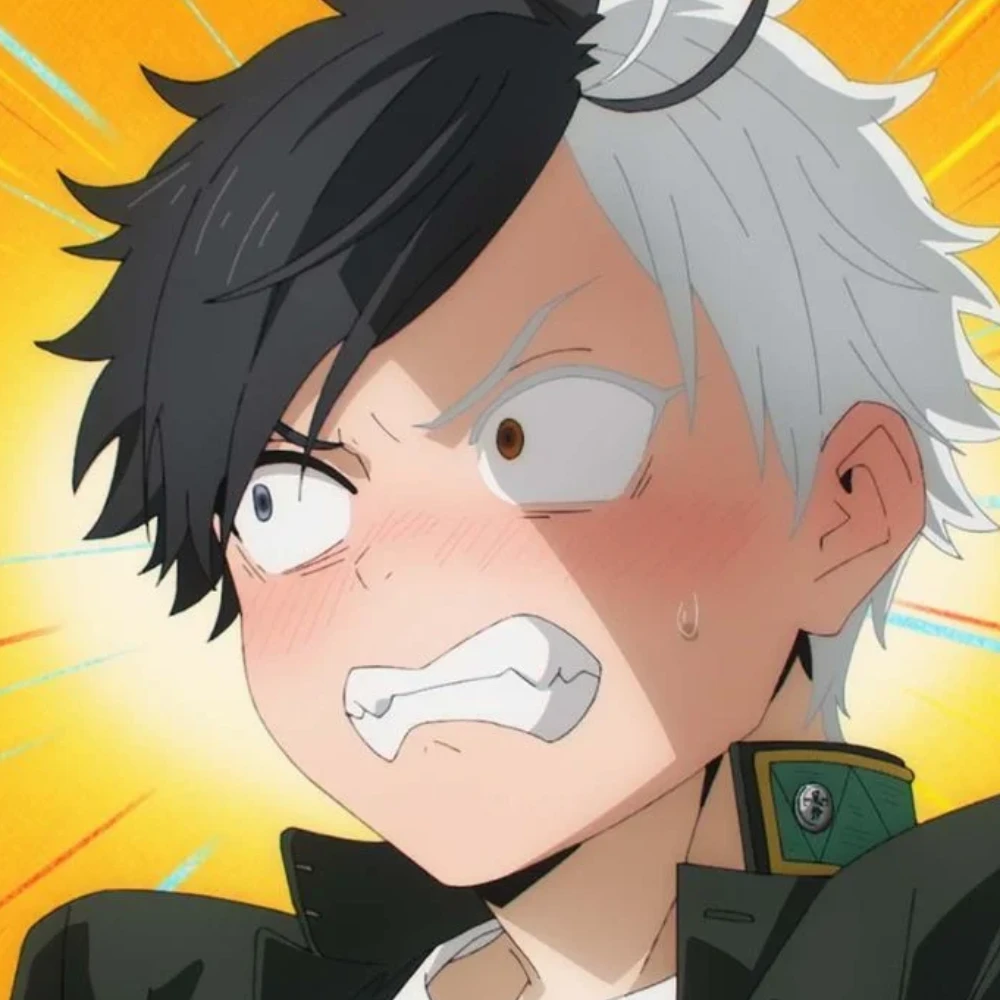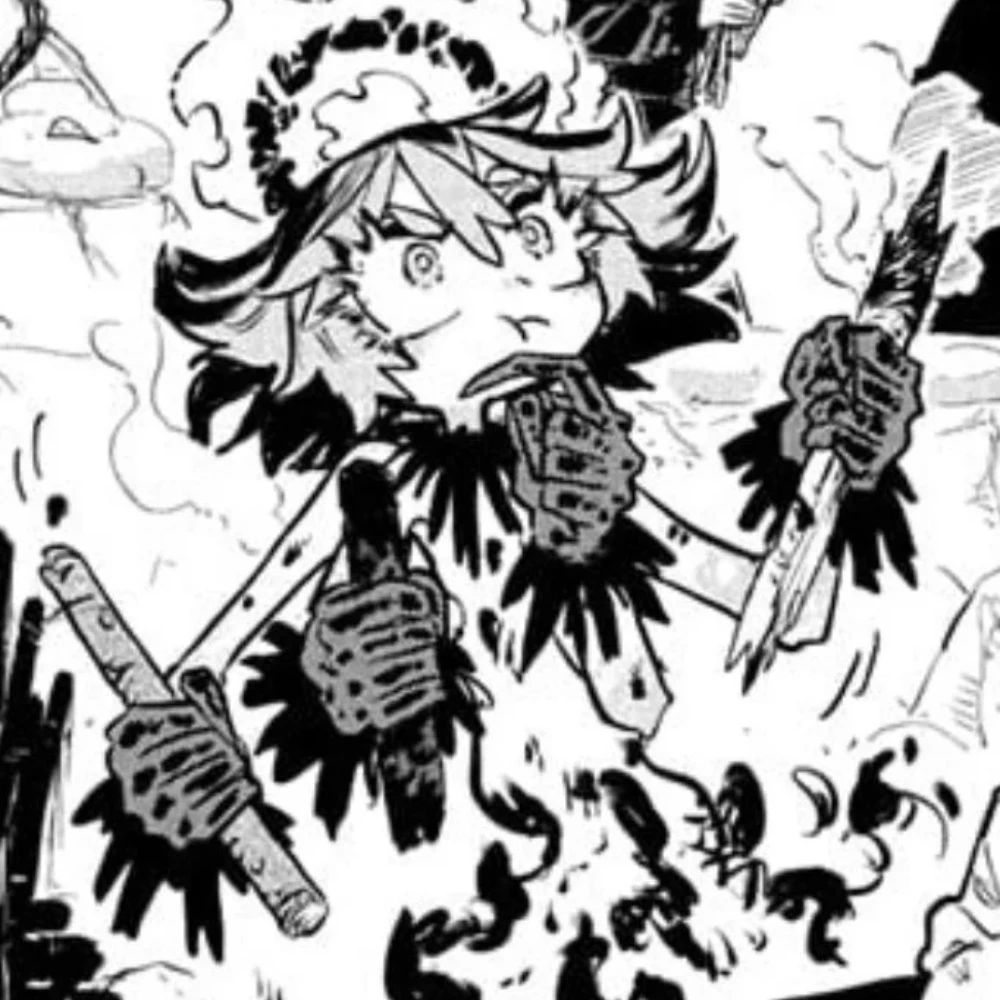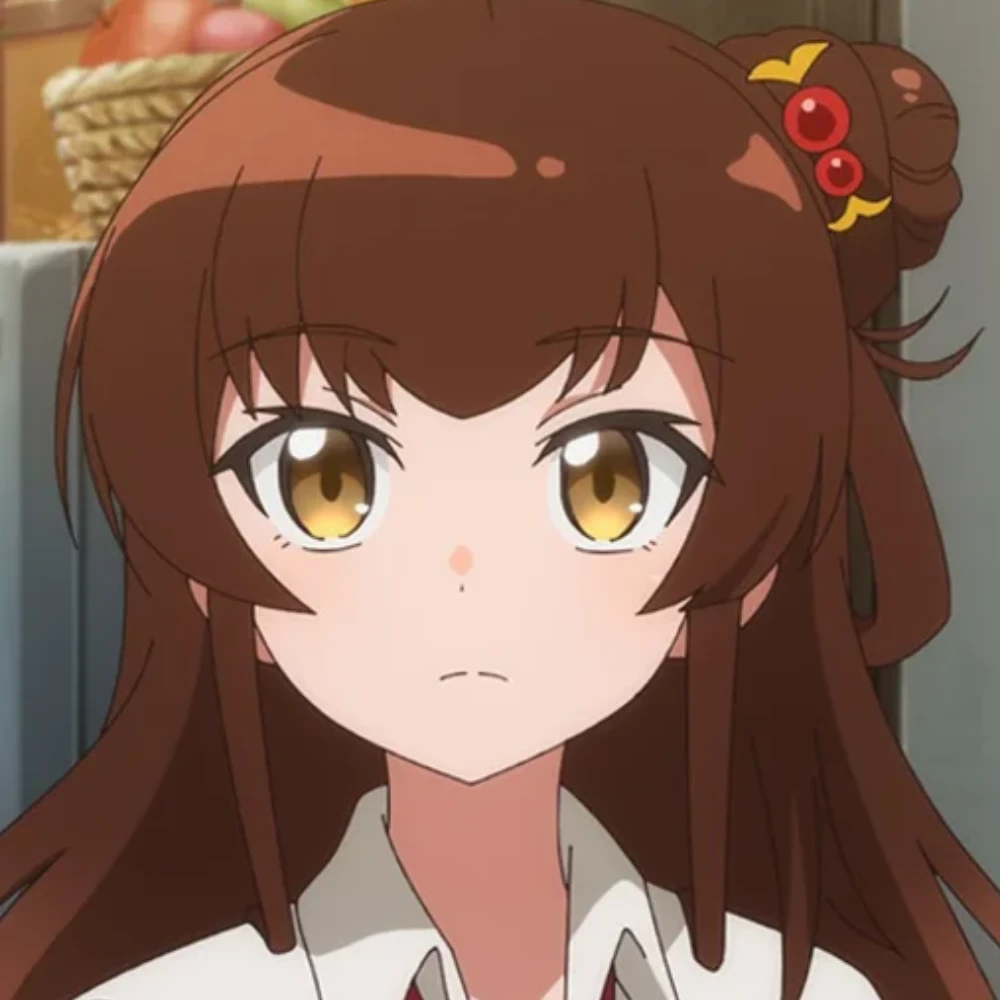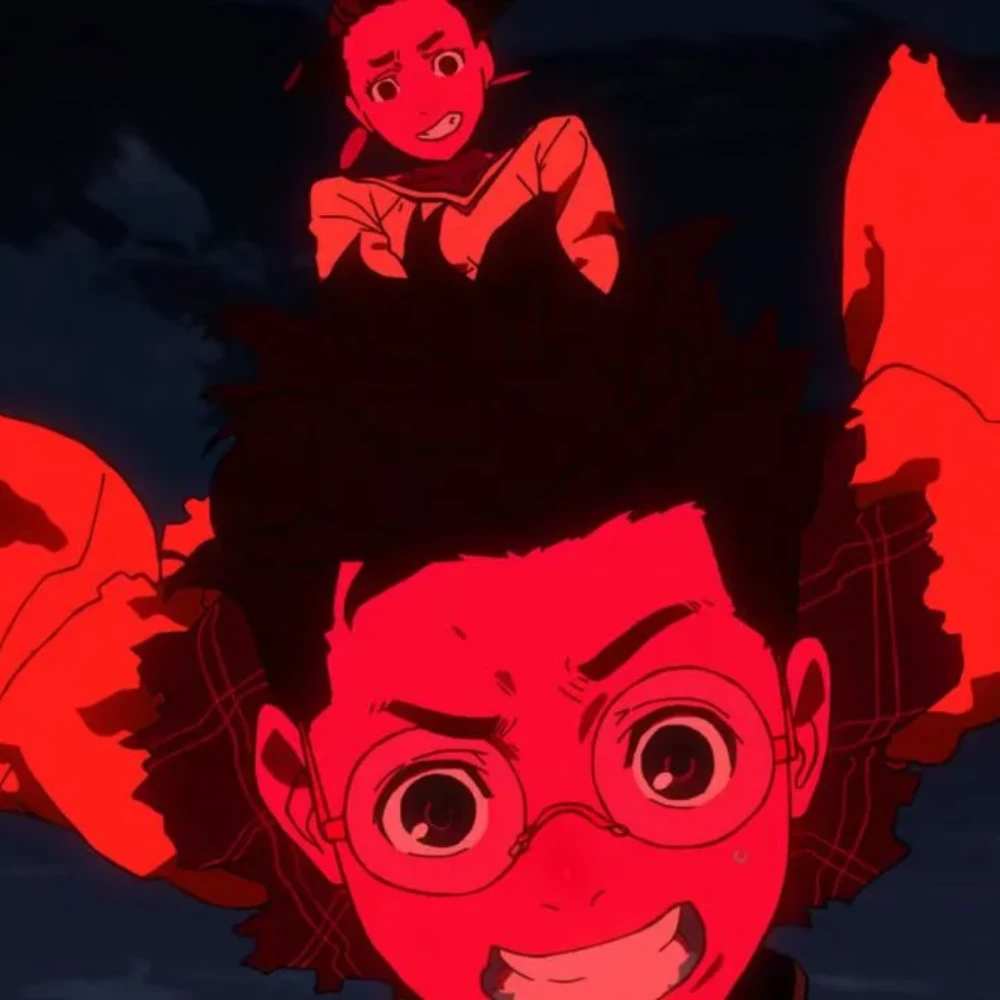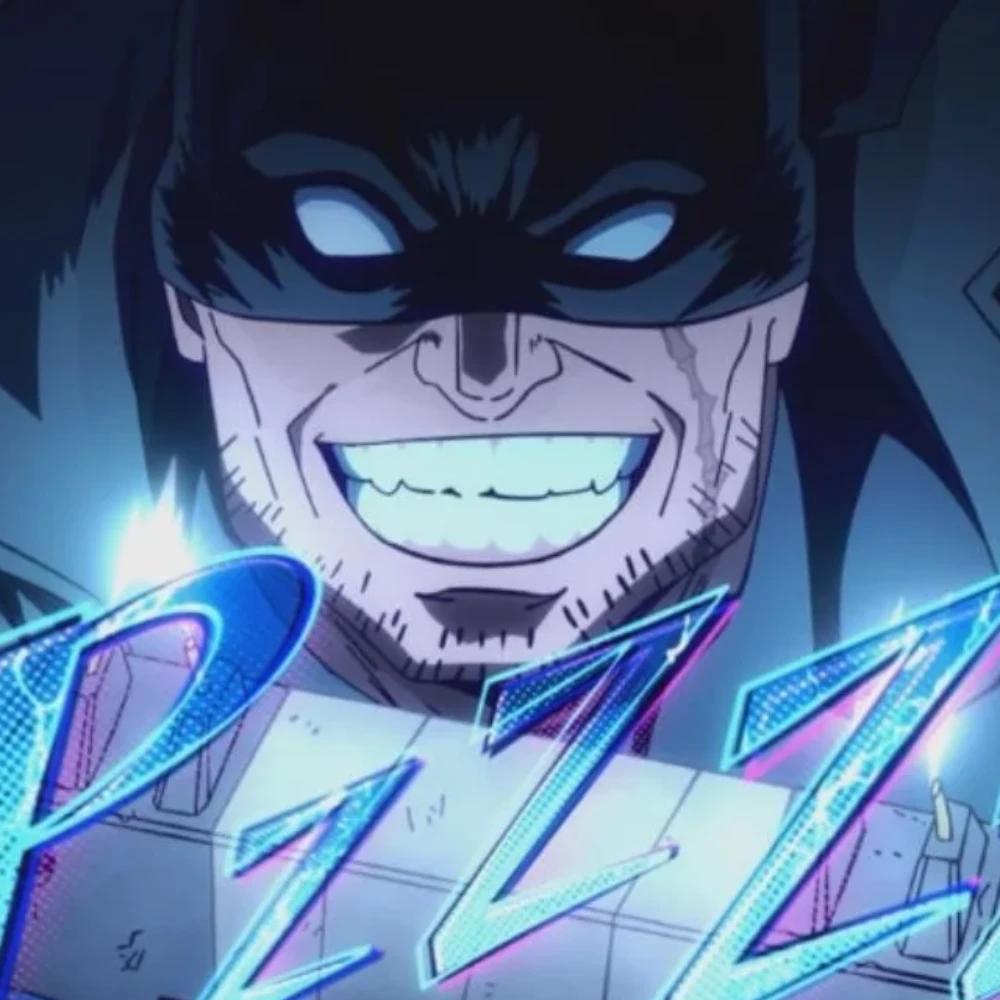Jujutsu Kaisen: What Is a Binding Vow? Here's How They Work
A Binding Vow can be used to either limit or increase a jujutsu sorcerer's powers depending on the situation. Here's how it works.
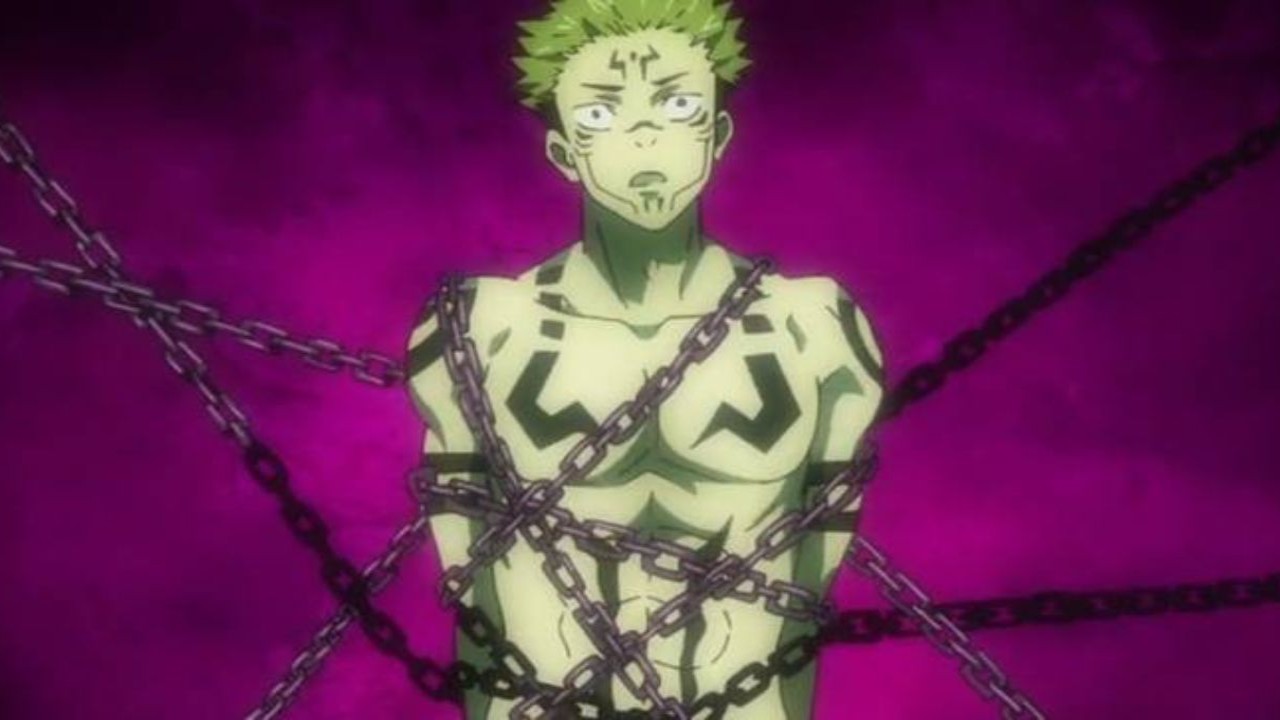
Jujutsu Kaisen is a shonen anime series with complex power systems, including the Binding Vow, a versatile contract that can be made with oneself or others. The terms of the contract can vary and are always advantageous to either party, making it a versatile element in the series.
The concept of cursed energy is complex and diverse, with various variations like Nanami's Overtime and Sukuna's Binding Vow with Yuji. Fans may get confused about the Binding Vow, which Jujutsu Kaisen has mentioned but never fully explained. To understand the fundamental characteristics of binding vows and their uses, fans should delve deeper.
What is a Binding Vow?
A Binding Vow is a contract or oath created using cursed energy by a sorcerer or spirit. It should be clearly defined and the consequences of breaking it should be considered. A binding vow can be advantageous, but the user must sacrifice something of equal value to gain something from it.
As for an example, in the case of Nanami's Overtime, he explains his cursed technique to the enemy, putting himself at risk. However, because of taking that risk, he was able to gain even more cursed energy. Overtime restricts Nanami's powers to a certain degree and amplifies them after 6 pm. In a way, a Binding Vow can be said to be a double-edged sword that can turn the tides of a battle depending on how someone uses it.
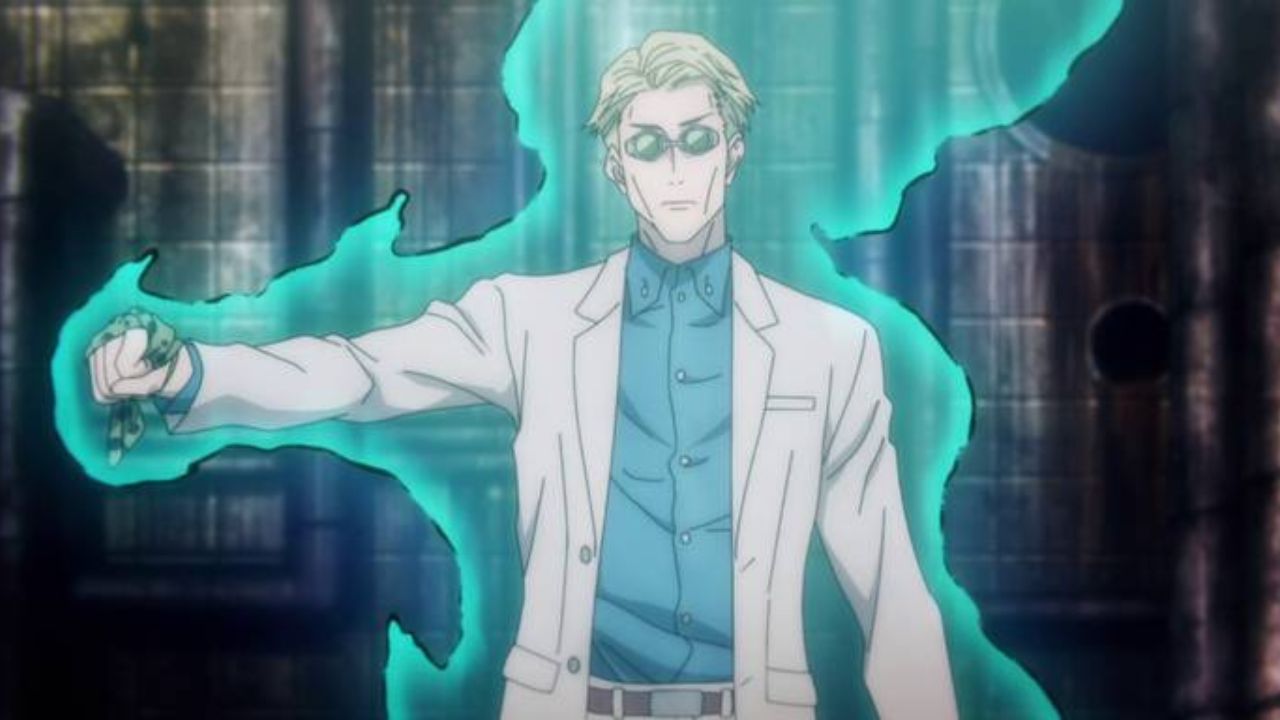
Once a binding vow has been made, either with oneself or with others, it has to be respected. As for how long or how complicated a binding vow should be, it all depends on the contract itself. That is why it is extremely important for everybody involved in a binding vow to fully understand every little detail of the contract.
Because once a binding vow has been made, it cannot be canceled nor altered in any way. Furthermore, anybody who tries to get away from a binding vow will receive a repercussion.
Binding Vow with oneself
A binding vow with oneself is a promise made to oneself, similar to an unbroken agreement between two individuals. It is often made to gain extra power, but it comes with serious consequences. The most common form of a one-person binding vow is to intentionally put limitations on oneself or their cursed techniques to gain greater power. The type of limitations and advantages gained are up to each individual.
Those who break their own binding vow will simply lose the advantage that they enjoy thanks to that binding vow. For example, if the binding vow grants them a 10% increase in cursed energy output, breaking it will take away that 10% from them.
The most common form of a binding vow with oneself is divulging some of the details of their cursed technique. By purposely telling their opponent what their cursed technique will do, their cursed energy output will have an extra oomph. Many jujutsu sorcerers do this kind of simple binding vows, such as Aoi Todo, Nanami, and even Satoru Gojo to some extent.
As for Nanami has a stronger binding vow called Overtime, which increases his cursed energy from 80-90% during regular work hours to 110-120% when he works overtime, a significant increase from his normal amount.
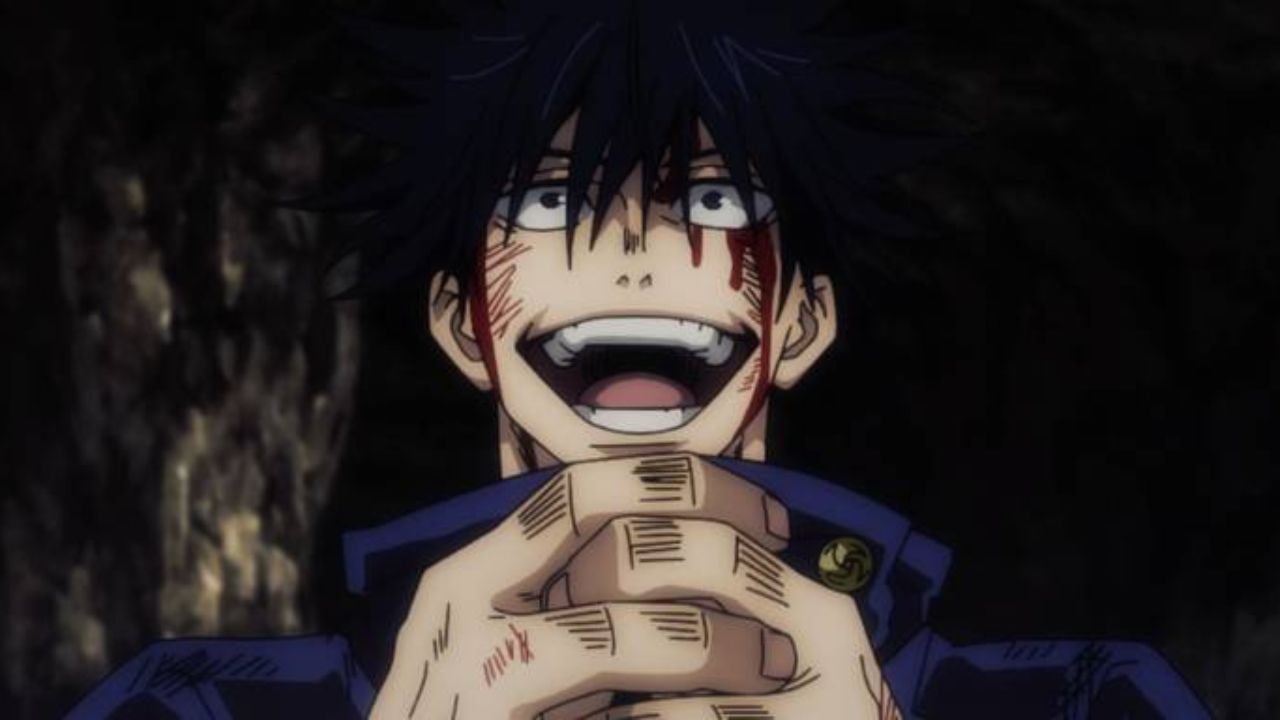
Binding Vow with others
A binding vow between two individuals using cursed energy is a verbal contract that must be abided by. It can be made between a jujutsu sorcerer and a cursed spirit, as long as both parties agree to form the contract. One party cannot force the other to enter the vow, and both must agree for it to take effect.
The key point in making a binding vow with another person is mutual interest. Both parties have to gain something from the vow. One side cannot reap more benefits than the other side. As to what is considered advantageous terms, it depends on each party involved. Because even if the terms of the contract seem imbalanced to other people, as long as both parties agree to it, then the binding vow will activate.
A binding vow between two people is more restrictive than a personal vow, with severe punishment for breaking it. The parties involved in creating the vow are unaware of the potential consequences, which can range from bodily harm to loss of cursed energy. This is why even Sukuna must honor a binding vow.
There are a couple of examples of a binding vow between two individuals in the series. Mahito and Mechamaru exchange information about Jujutsu High for Mahito's cure of Mechamaru's illness. Sukuna and Yuji Itadori also have binding vows. Mahito provides information about Jujutsu High, while Sukuna uses Yuji's body for one minute when he says Enchain. These bonds are significant in the series.
A Binding Vow, despite being less flashy than other cursed energy techniques like Domain Expansion or Reversed Cursed Technique, is a versatile tool in every cursed energy user's arsenal.
ALSO READ: Jujutsu Kaisen: How Yuta’s Cursed Technique Helped Him Take Over Gojo’s Body





 JOIN OUR WHATSAPP CHANNEL
JOIN OUR WHATSAPP CHANNEL